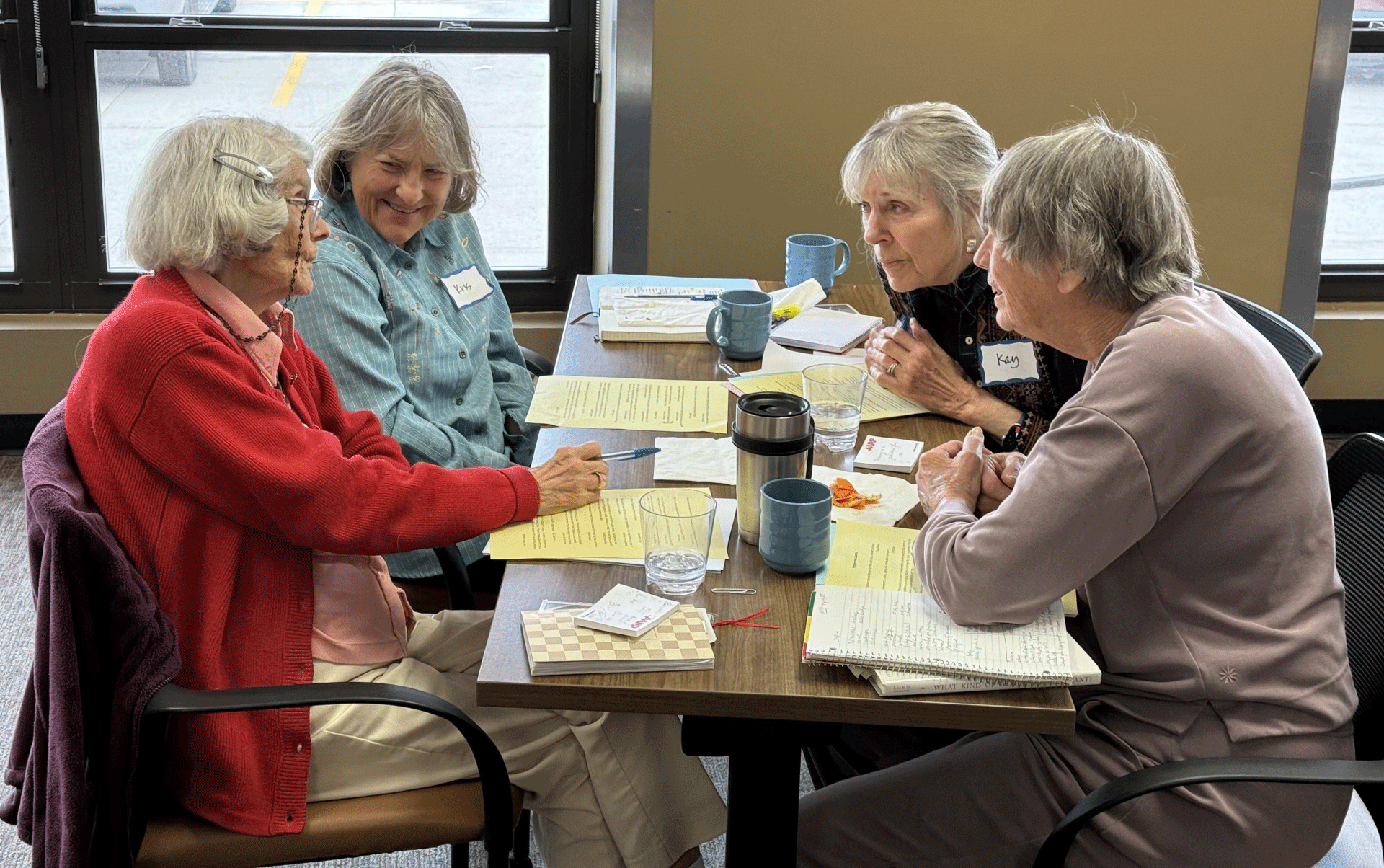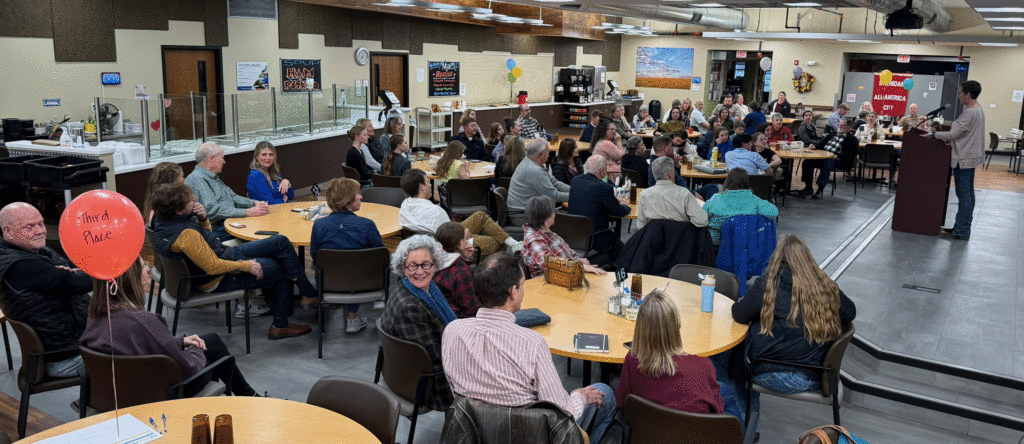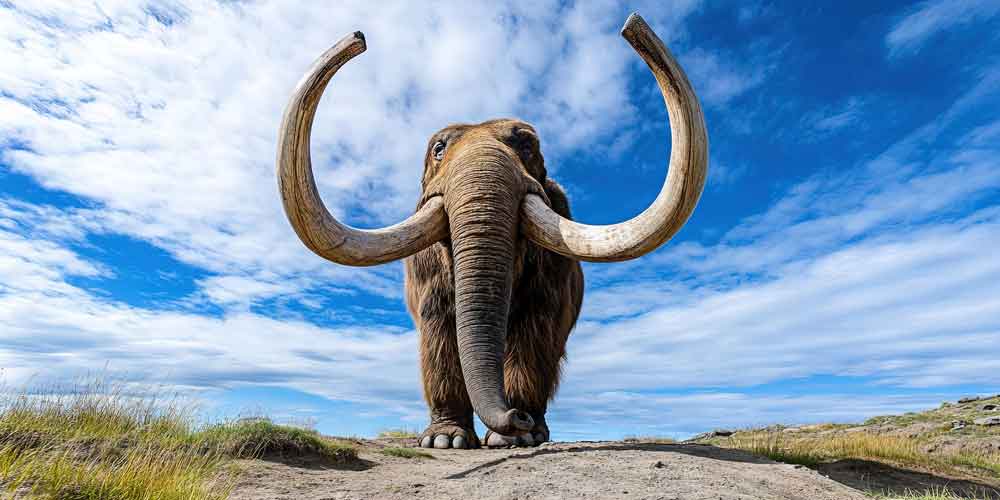
Harvesting the experience of your years
Here’s an interesting tidbit I’ve recently learned – the term, legacy, is a loaded word. And there is an invisible but significant demarcation in the response to the word, depending on age. If you’re “younger,” your response to someone asking you about your legacy is, “I’m too young to have one.” If you’re “older,” you don’t want to talk about your legacy, whether you think you have one or not, because it may make you reflect on your inevitable demise (even though, turns out, we are all facing an inevitable demise, regardless of age).
The CVC hosted a workshop at The Hub called Your Legacy: Harvesting the Experience of Your Years. Recruiting participants was up to Julie and me, and it was much harder than I expected. Here we are, in our late 40s and late 50s, extroverts and over-sharers, trying to convince all our potential attendees why they would love to share their legacies with a group of strangers.
“Review my life? Embrace my mortality? Uhm, thanks, no. I’m good,” was the gist of several responses to our invitation. It was only by reframing this experience as an opportunity to celebrate their impact on their friends, families, and community, or as time to consider what their next chapter might hold, that we gained traction. Suddenly, as our pitch improved, we went from worrying we couldn’t fill the 15–20-person quota to fearing we’d have to turn people away when we hit 25. We even have a waitlist if we host another workshop. Look at us go!
I participated while Julie took photos and held down the CVC fort. It was amazing to soak up all the wisdom in the room. The participants were so open about sharing their perspectives, fears, and triumphs. The stories were deeply personal, and we felt safe being vulnerable with each other. One of the highlights for me was being paired up, sitting side by side but facing away from each other, and answering incredibly thought-provoking queries. By not facing each other, it felt easier to address questions like these:
- What has been one of my greatest learnings?
- One thing I want to accomplish or complete before I die is…
- Who has helped me during my lifetime?
- What unfinished business do I have and with whom?
- Who have I helped in my lifetime?
- An important milestone or turning point in my life was…
Imagine being able to consider and answer these for yourself. We never take the time for that kind of introspection. I found listening to someone else answering the questions even more powerful.
The worksheet Death as Teacher was about as deep and scary as a person can go. We considered questions like:
- What feelings come up when you say to yourself, “I could die today”?
- If you were to die today, what would be your biggest regret?
- If you knew exactly when your life would end, how would this knowledge affect how you live out your days? What would be different? What would become more and less important?
No one had to share any of their answers, yet many did. Their honesty and rawness were met with empathy and kindness.
Here’s the bottom line – we all have an expiration date, and none of us knows when it is. Take the time to think about your legacy, no matter how old you are. Just as important is to ask the people you love about how they view their legacy. It’s a privilege to hear others’ stories. Take any opportunity to encourage them to share – you don’t know if you’ll have another chance.

From words to action – middle schoolers for the win
